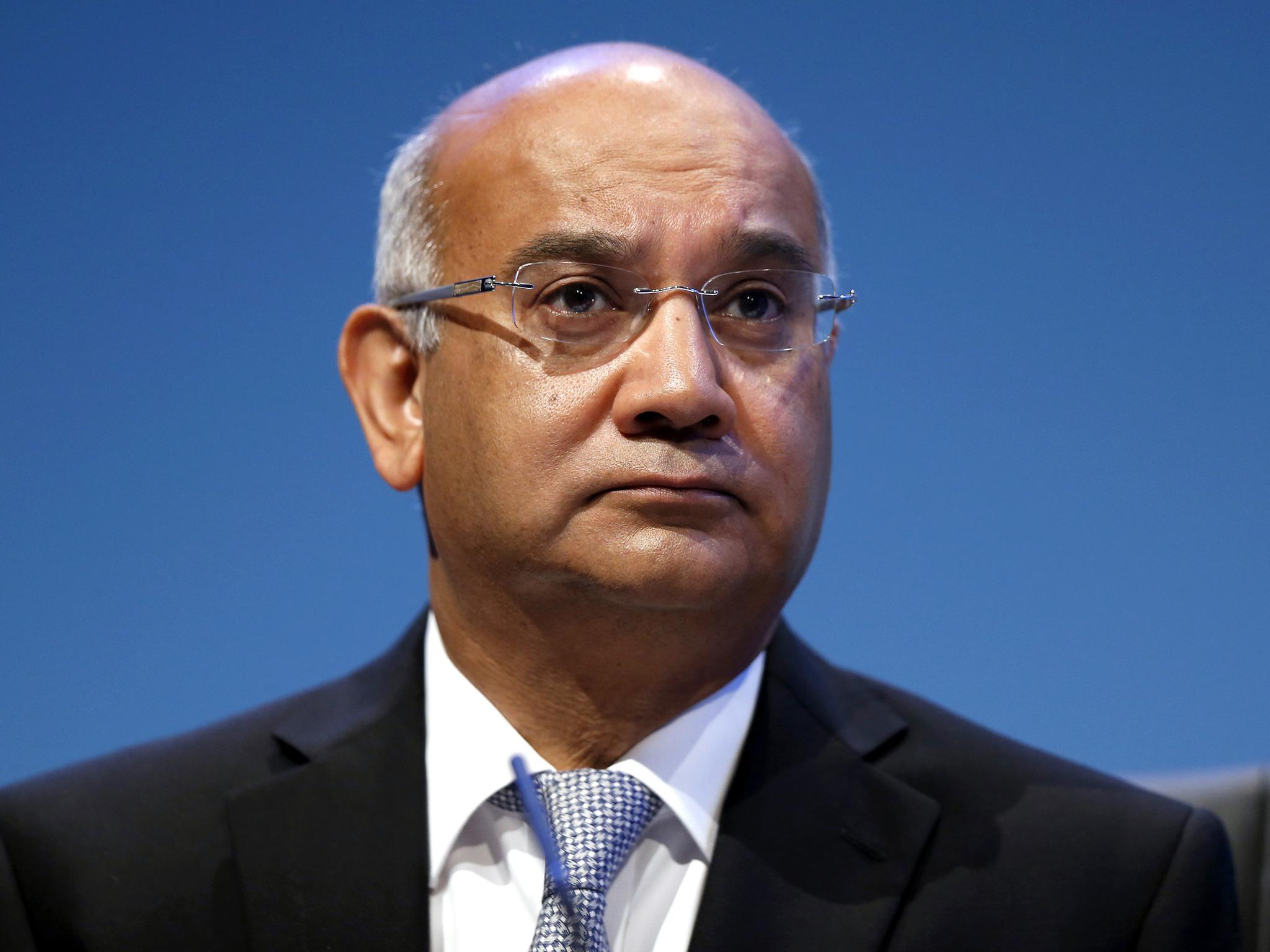It's all very well to say Keith Vaz deserves his privacy, but this scandal threw up a clear conflict of interest
Vaz has spoken out about the criminalisation of poppers, has appeared to take a relatively stern line about the dangers of illegal drugs, and has led the committee’s inquiry into prostitution laws. There's a pretty strong argument that reporting this story is in the public interest


This weekend’s revelations about Keith Vaz’s apparent encounter with two male prostitutes once again raises questions about the publication of so-called “kiss-and-tell” stories by the media. While Vaz’s enemies (and it seems there are a few) have fumed about the allegations and called for him to be investigated by all and sundry, his allies have argued that his private life is just that and shouldn’t be up for discussion.
This is an age old debate, although one that has raged less noisily since Max Mosley’s 2008 court victory against the News of the World for exposing his use of prostitutes. Indeed, run of the mill exposés of random vicars’ flings and the like were already on the way out by then; and the Leveson Inquiry, which started in 2011, appeared to be the final nail in the kiss-and-tell coffin. This year the courts have granted an injunction in the case of “PJS”, preventing the Sun on Sunday from running a story about a couple who claim to have had a threesome with the initialled third party.
As for Keith Vaz, his immediate reaction to the story was to make clear his intention to refer the matter to his solicitor, and to make outraged mutterings about a newspaper “having paid individuals to have acted in this way”. That nod to the notion of a tabloid newspaper having paid for its story, whether or not it turns out to be the case, is notable because it strikes at the heart of a difficult issue for British newspapers – that of paying sources. While the practice is much less regular than once it was, it is still commonplace at some publications and is frequently raised by critics. Indeed, there is little clear evidence that payment compromises sources’ ability to report an experience accurately.
In any event, in this instance the material obtained by the Sunday Mirror appears on the face of it to be compelling in what it shows. As such, it is privacy which remains the key bone of contention and the primary question is whether the obvious intrusion into Vaz’s personal life can be justified by recourse to the enigma that is the “public interest”. Ultimately, it is difficult to conclude that it cannot. Putting aside the fact that the MP presents himself as a family man, which is the kind of default justification that no longer always stacks up, it is his role as chairman of the Home Affairs Select Committee which really does for Vaz.

In that position, Vaz has spoken out about the criminalisation of poppers, has appeared to take a relatively stern line about the dangers of illegal drugs, and has led the committee’s inquiry into prostitution laws. If he has a fairly intimate personal interest in such controversial matters, as the Sunday Mirror’s story claims, there is a pretty solid argument indeed that the public has a right to know about it. Of course, it may be that direct experience makes Vaz better equipped than most to examine these issues. Still, it is hard to square the official face presented at committee hearings with that seen in the footage provided in the story.
None of this is to suggest that one can’t feel a bit of sympathy for Vaz’s predicament. He and his family will be experiencing all kinds of turmoil in the wake of the revelations and, as the Sunday Mirror itself acknowledged, it is not as if Vaz has acted illegally. Nevertheless, the easiest way in which politicians and others can avoid the exposure of illicit relationships is not to indulge in them. Surely it isn’t too much to ask.
Moreover, there is a broader point here about the balance between privacy and freedom of expression. The current state of the law – putting aside other public interest considerations – elevates the right of one party in a relationship to demand silence over the right of another to disclose even the existence of a liaison. It isn’t how things work in normal life. Why should those with access to expensive lawyers put themselves above everybody else’s reality?
Join our commenting forum
Join thought-provoking conversations, follow other Independent readers and see their replies
Comments
Bookmark popover
Removed from bookmarks